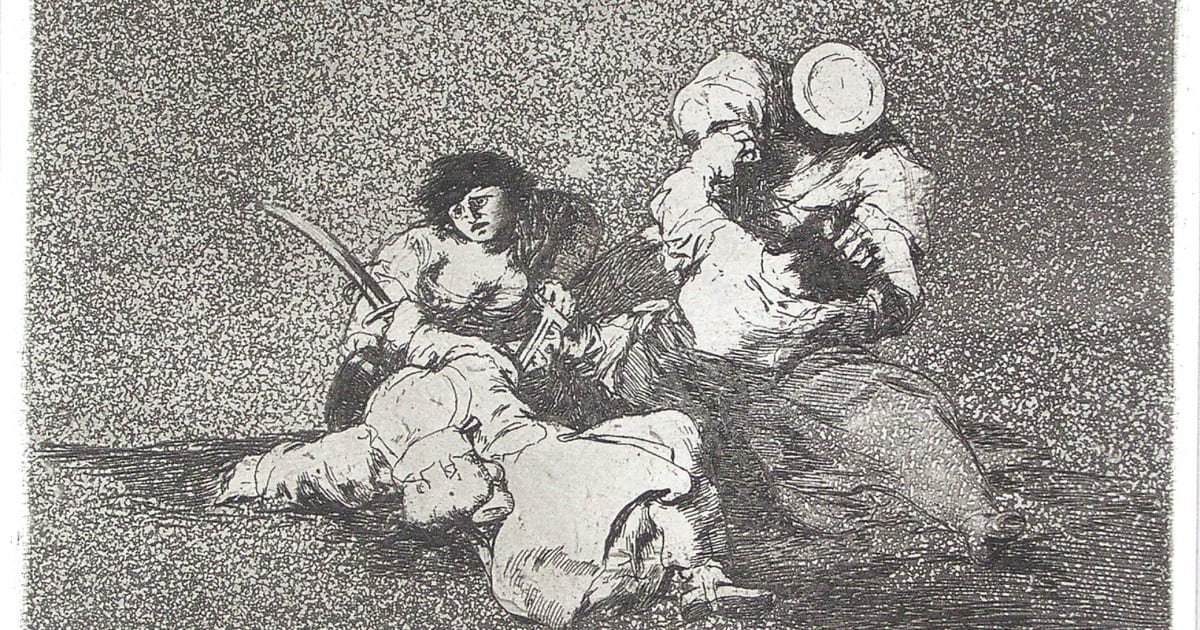
by John | Mar 21, 2022 | Genesis, Questions
Why does Satan choose to rebel against God? While Satan is not mentioned in the Book of Genesis, he is featured prominently in its Old English counterpart. The story of Satan’s rebellion and fall provided by Old Testament Narratives (OTL) is remarkably similar to...

by Josephine Dawson | Mar 15, 2022 | Genesis, Visions of Hell
In the Liturgical Cycle for the Anglican Church, February 6, 2022 was the Fifth Sunday after Epiphany. As 2022 is Year C in the three-year cycle, the readings for the day include Isaiah 6:1-9. [For more on Lectionary Years, here.] In the Vulgate, verse 2 of this...

by lbirkholz | Feb 22, 2022 | Daniel, Genesis, Life of St. Margaret, Readings, Theories
One of the greatest differences between the depiction of humanity’s fall in the Vulgate Bible and the Old English poem Genesis B is the nature of Eve’s temptation by the snake. While in the Vulgate the snake tells Eve that upon eating the apple her “eyes shall...

by mraygor | Feb 15, 2022 | Daniel, Genesis, Life of St. Margaret, Questions, Readings
When the three youths are saved from the flames in the Old English verse-form of the Book of Daniel, Nebuchadnezzar can hardly believe his eyes. At the sight of this miracle, Nebuchadnezzar declares, “Now I truly see four people there – I do not deceive myself at all”...
by dtong1 | Feb 12, 2022 | Genesis
In Genesis the violence associated with women is quite striking. Although I have studied the Bible in religious classes for many years throughout high school, this has been the first time I realized the violence that is commonly associated with women in the Bible and...

by Josephine Dawson | Feb 9, 2022 | Genesis, Readings, Theories
A continuation of the train of thought from Forces of Translation I: Diluvian Description. Blood of Death He þa unræden folmum gefremede, freo-mæg ofsloh, broðor sinne, and his blod agate, Cain Abeles. ...






